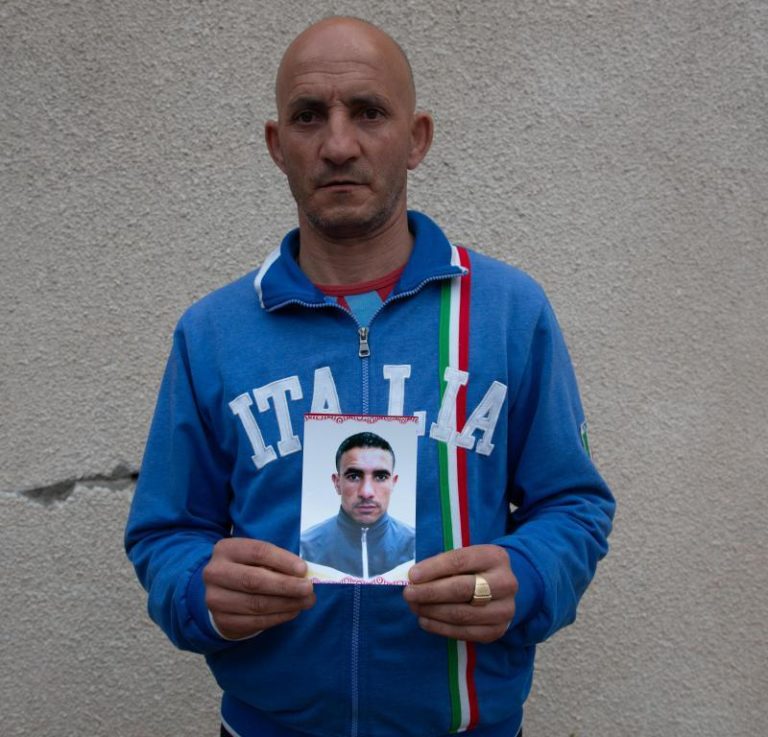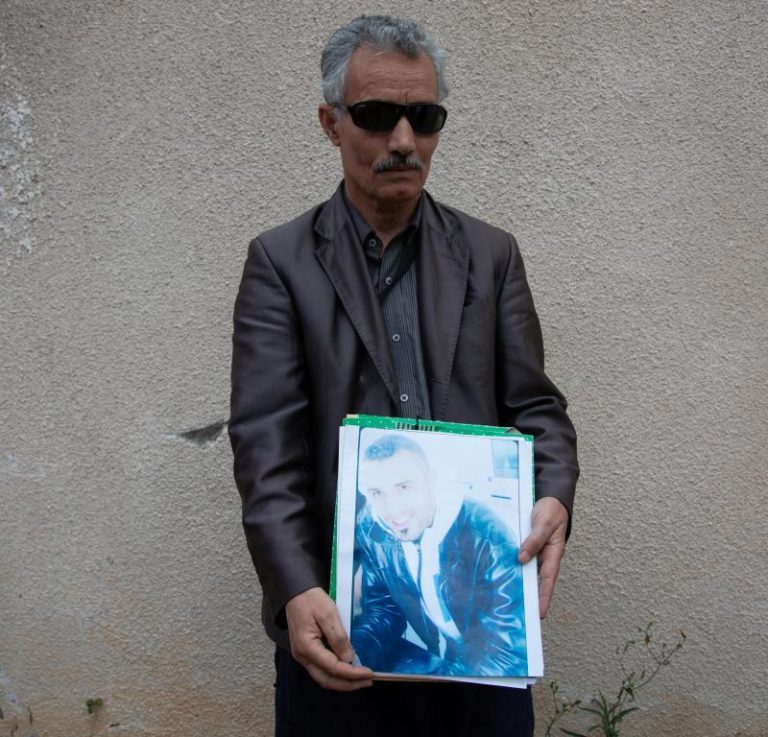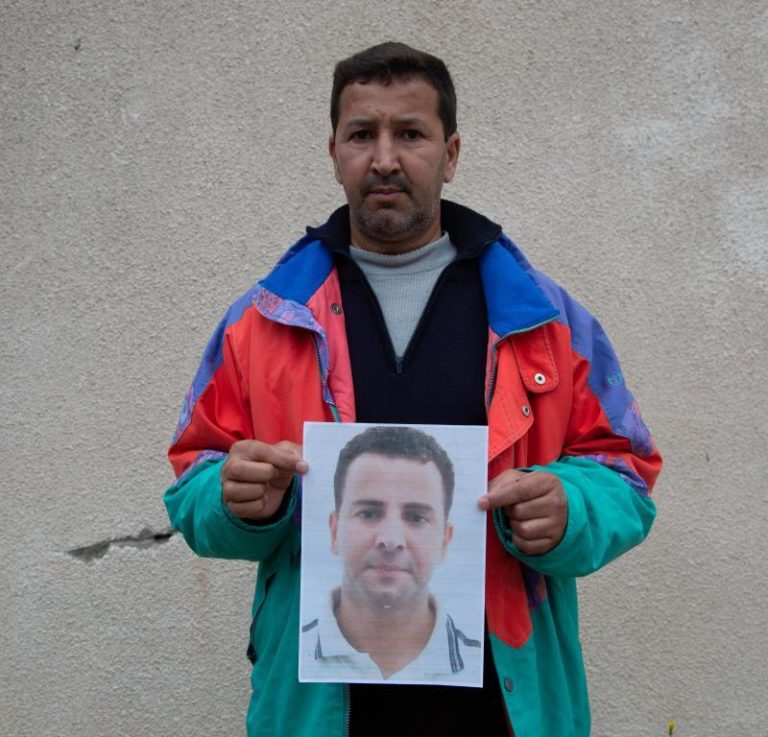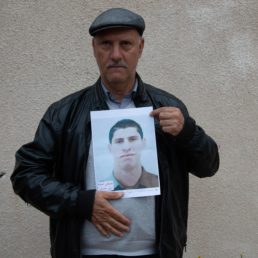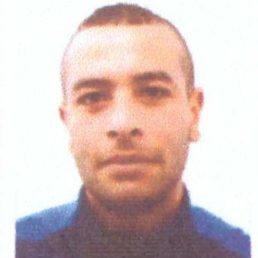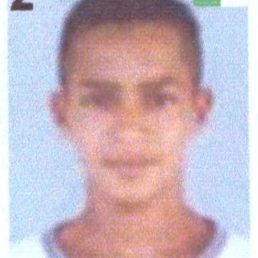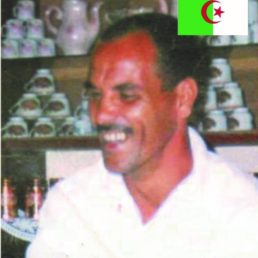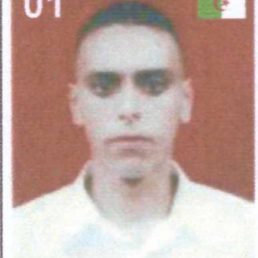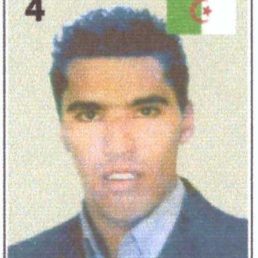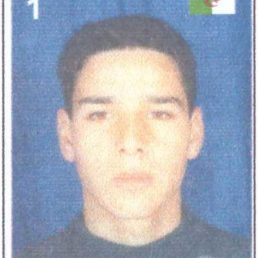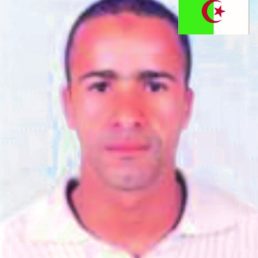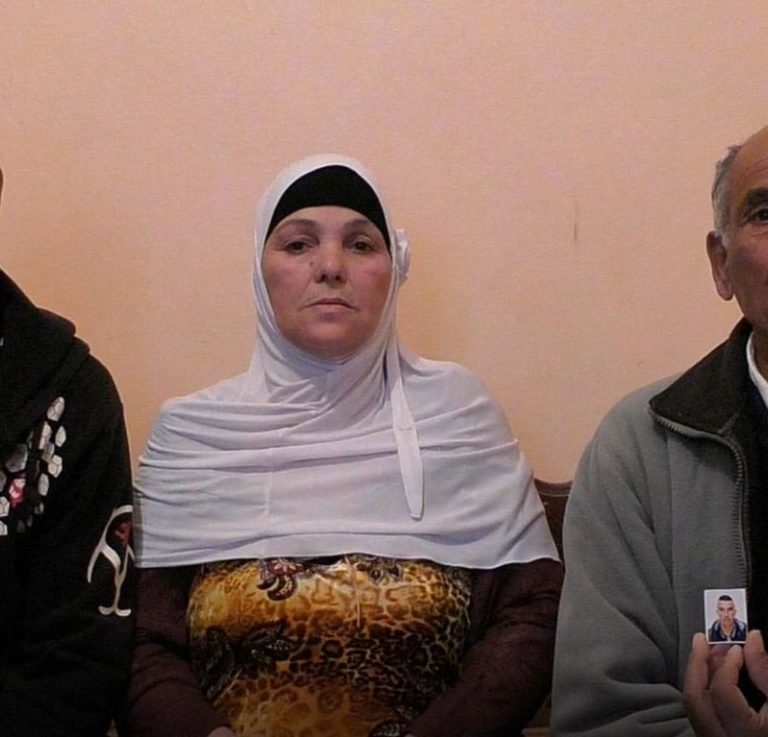
Algeria
Harraga is, in the Algerian dialect, the word used to designate who "burns down the borders" is who emigrates without papers.
The phenomenon of harraga began in 2007 and has been increasing since then.
Many boats have managed to make landfall on the northern shore of the Mediterranean while others, seen by the coast guard, have been intercepted and their passengers have been systematically brought to court and charged with attempted illegal exit from the national territory. , which is a crime in Algeria.
The history of some of these vessels, however, does not enter into either the first or the second. They are missing, and the fate of those on board is a mystery their families are trying to solve.
In this section you will be able to know the faces of some of the missing persons. This thanks to the work of the Collective of the families of the Harraga missing at sea which succeeded in reconstructing the list of passengers aboard a few boats and to the families who gave Missing at the Bordes the photo of their missing relative.

